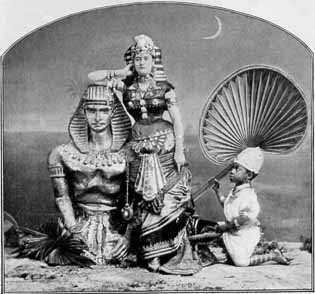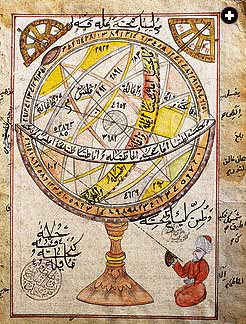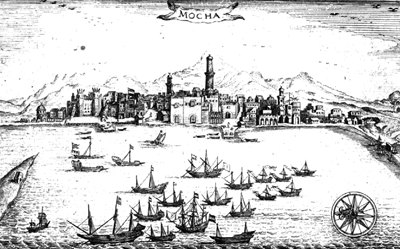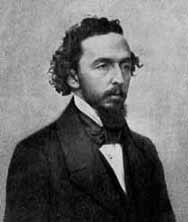
What went wrong in Iraq? It seems as though it might make more sense to ask why didn’t anything go right. When Operation Iraqi Freedom began, the good news was that a brutal tyrant named Saddam Hussein had been ousted from power. For the billions of dollars thrown at modern Mesopotamia, the result is now in painful hindsight a bloody (and I do not simply mean the British expletive) mess with no good in realistic sight. The litany of bad news has morphed into a politically untenable tsunami, destroying all good intentions in its wake. One of the top stories in today’s news is the alarming rate of deaths among contractors working alongside the American military in Iraq. In the first three months of 2007 almost 150 were killed, often because they tend to be “soft targets,” but increasingly because U.S. troops are stretched thin outside the surge-happy capital. Even Chatham House, hardly a left-leaning lean-to in British politics, has neon-lighted the handwriting on the Babylonian wall with a recent report by Gareth Stansfield, who argues in a paper released Thursday that “Iraq is on the verge of being a failed state which faces the distinct possibility of collapse and fragmentation.” You know things are really bad when the U.S. military creates its own shared channel on You-Tube.
The reasons are so obvious four years after the patriotic fever orchestrated by the Bush-Cheney-Rumsfeld-Wolfowitz gang of neocons that it almost seems trivial to keep repeating them, so perhaps the best thing is a Letterman-like line-up of the top ten real stupid mistakes made so far (it ain’t over until the fatuous voter sings) by recent U.S. foreign policy in Iraq: Continue reading What Went Wrong: A Top-Ten Review






